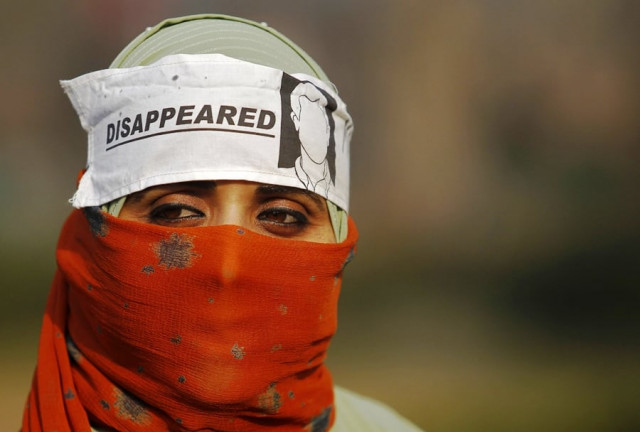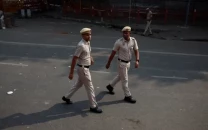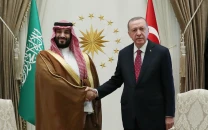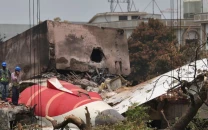India says solution to ending Kashmir protests in sight
India says political solution to protests likely while Kashmiri separatists say they have not heard such a move.

The government gave no details, but a failure on the part of New Delhi to come up with an adequate plan could see Kashmir plunged back into protests that quietened down after official promises for a political solution in the majority Muslim region, where separatist demands have ranged from granting of autonomy to outright independence from India.
Renewed strife in the region would put the Indian government under further pressure as it tries to fend opposition attacks over a slew of corruption charges which have deadlocked parliament for almost a month, stalling legislative business.
More than 100 people have been killed in the protests, which broke out in June and were the biggest since an armed revolt against Indian rule erupted in 1989.
"Contours of a political solution to the Kashmir problem are likely to emerge in the next few months," a government statement quoted Home Minister Palaniappan Chidambaram as saying after a meeting on Kashmir.
"The home minister asserted that the Kashmir issue is a political issue for which a political solution must be found."
But Kashmiri's main separatist alliance leader Mirwaiz Umar Farooq said they had not been kept in the loop about any solution to the crisis in a region also claimed by India's traditional foe Pakistan.
"Let us see what they come up with, but for a permanent solution, New Delhi will have to engage the popular sentiment of Kashmir which is independence," he told Reuters.
"And as Pakistan is a party to the dispute, India needs to involve them as well."
No real solution?
Kashmir is claimed in full by both India and Pakistan but they rule it in part. They have twice gone to war over the Himalayan region which remains at the core of their dispute.
This is why any lasting peace in the region is unlikely without the involvement of Pakistan, and whatever solution India comes up with may only help douse the current round of protests and not resolve the separatist revolt that has killed thousands.
In the Muslim-majority Kashmir valley, between 75 percent and 95 percent support independence from both India and Pakistan, according to a poll this year by the think tank Chatham House.
The protests came after a period of relative calm in the region and were seen as the biggest challenge to Indian rule. They started on June 11 when a 17-year-old student died after being hit by a tear gas shell fired by police during a protest in Srinagar, Indian Kashmir's summer capital.
The deaths, mostly at the hands of government forces during protests, fuelled anger in Kashmir where sentiment against New Delhi's rule runs deep.
After several failed rounds of peace talks between moderate separatists and New Delhi, and a rise in killings blamed on security forces, India announced an 8-point confidence building measure in September that helped quieten the protests.
It scaled back security in the region, formed a panel to talk to a cross section of Kashmiris, gave compensation to the families of dead protesters and promised to review the scope for limiting a much-hated law that gives the military sweeping powers to search, arrest or shoot.
The government statement quoted Chidambaram as saying a proposal to amend the law was being considered, adding government-appointed panel for talks was "making good progress".



















COMMENTS
Comments are moderated and generally will be posted if they are on-topic and not abusive.
For more information, please see our Comments FAQ